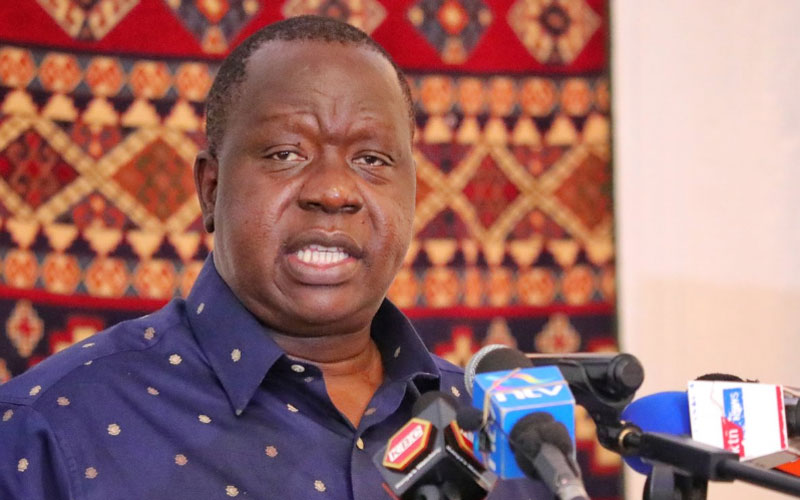×
The Standard e-Paper
Join Thousands Daily

Interior CS Fred Matiang'i appearing before the National Assembly Security Committee on Friday, August 13 in Mombasa. [Standard]
Interior Cabinet Secretary Fred Matiang’i says embattled Turkish national Harun Aydin was deported over money-laundering links and illegal movement into and out of Kenya.